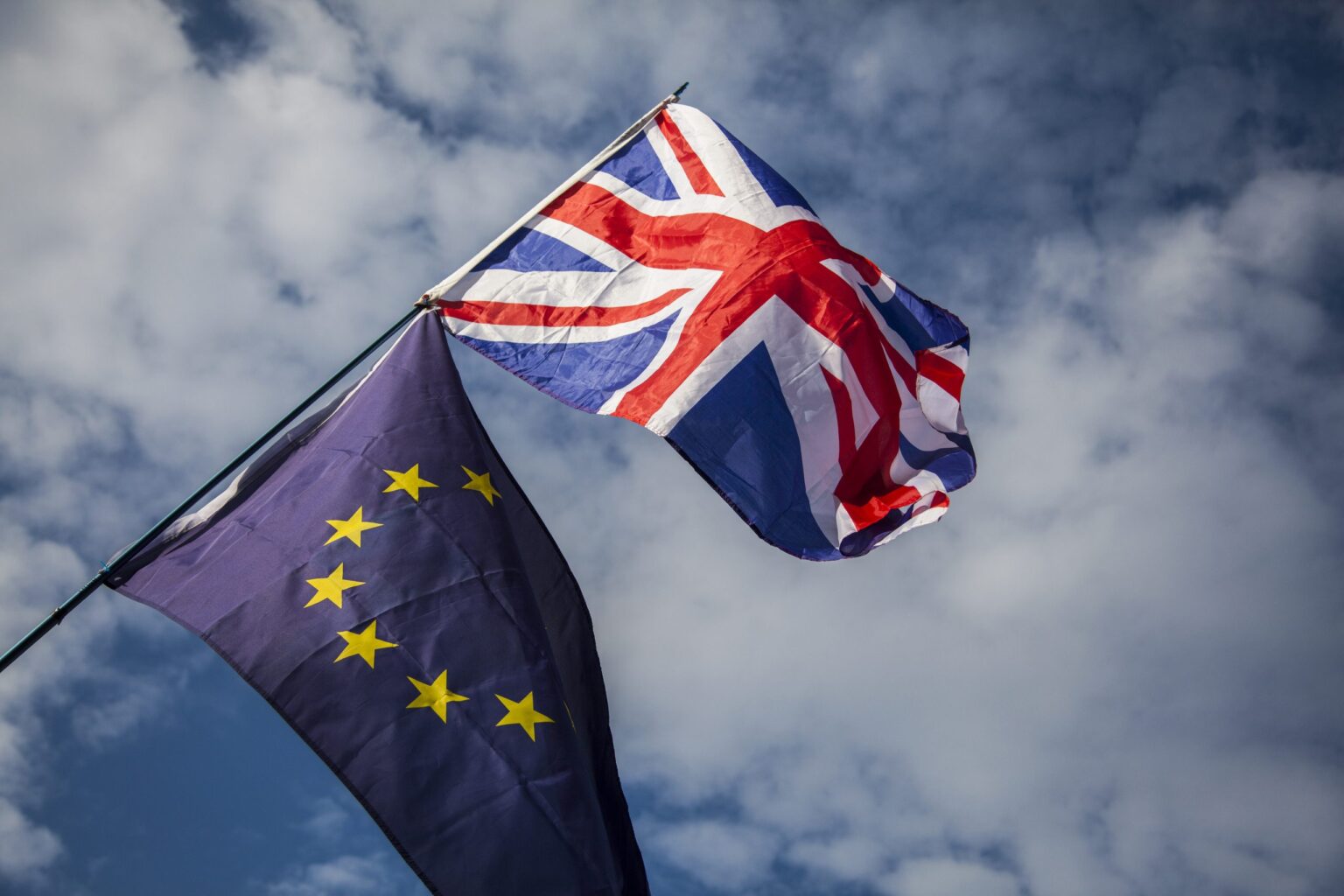Since 2021 started, the impact of Brexit has had an effect on every stage of the logistics process, from transport fees and new limitations to restrictions on imported goods.
To sort out some of the important Brexit questions, we interviewed Chris Hunt, Managing Director for Greencarrier Freight Services UK, and Mikael Ingesson, Managing Director for Greencarrier Freight Services Sweden.
We are almost 6 months in on Brexit. What has been the impact so far, and how does it look now?
Chris Hunt: We have seen a trend from some clients to minimize the number of forwarders they deal with due to streamlining and efficiency requirements – clients don’t want to repeat the same details to numerous forwarders. We have also seen a trend in clients moving away from digital transactional forwarders, since the Brexit process has brought back the importance of being able to talk and discuss declarations and clearance issues. The demand in the market remains high, and we expect this to continue for the foreseeable future, the unlocking and opening up of retail and leisure has partly driven this volume drive that we are seeing on most markets. Economies are building from a very low start point due to the pandemic in 2020 that includes the UK. The UK Government has increased its GDP forecast in 2021 to 7.25% which is the highest since 1941.
Mikael Ingesson: In the beginning of this year, there were some issues in terms of delays in the ports and administrative challenges for our customers. This affected the lead-times, and we needed to increase our capacity due to longer leadtimes per roundtrip. Today, after almost 6 months, the routines and processes now are in place. We also see that our customers have adapted to the new situation with better long-term planning and they are also more skilled customs-wise.
What positive and negative effects of Brexit can we see so far?
Chris Hunt: One of the positive trends is that our Greencarrier colleagues have become much more educated and knowledgeable in the processes and they are able to advise customers quickly on the best options. Greencarrier Freight Services UK offers in-house customs clearance and we can therefore control the door to door movement on our own transport, in our own warehouse by our own clearance team. Short-sea shipping (link) has also seen a volume increase with some clients benefitting from containers being booked as a mode of transport. This means slightly longer transit but normally lower costs, and importantly usually a substantial reduction on road distance and on CO2 emissions.
The negative effects and ongoing issues include agriculture, meats, and fish. British meat, shellfish and fresh fish exports have been hit the hardest due to red tape and bans on certain fresh commodities.
Mikael Ingesson: On the positive side we see that our processes and cooperation with our customers have grown stronger. Now, we are also able to give our customers more value through our customs competence and supply chain planning. What can be experienced as negative, is the administrative side of customs. This also drives a higher cost since the roundtrip takes more time now because of customs procedures. Also, flexibility is from time to time limited. More administration needs to be done in advance and if one shipment is not correctly finalized customs wise, that can delay the whole trailer.
The biggest Brexit-challenges for customers right now?
Chris Hunt: During the first 3-4 months of 2021, the biggest challenge has been to plan with slightly longer transit times. It is more difficult today to guarantee transit times especially for animal or plant-based products, and some foodstuffs. We have the ability in Immingham and in Gothenburg to remove the goods to our customs warehouse, which has certainly been a huge help in ensuring a smooth and continual flow of goods with a minimal disruption.
Mikael Ingesson: Preparations and planning is key. Making all the documentation ready before booking the transport is recommended. This will help you to avoid delays in customs, both for import and export). We are here to assist if there are any questions regarding documentations and lead-times, and we have 50+ colleagues with experience from non-EU transports.
What does the customer need to be able to send shipments?
Chris Hunt: Customers need a much greater understanding of the documentation and the VAT process more than anything – we have been overall extremely impressed with how customers have adapted to the new transactional processes. From January, all clients need an EORI number. Incoterms & commodity codes need checking and stating on invoices, and we must have a clear invoice for each and every transaction in addition Importers need to communicate to us how they wish to pay for VAT and any Duty etc. UK Companies can find most information on this Government website. Swedish companies can find information here.
Lastly, how has Brexit affected the historical trade between Sweden and the UK?
Chris Hunt: Trade between UK and Sweden is valued at £20 billion per year according to the ONS 2019. The ease of doing business between each country has from January 1st 2021, fundamentally changed and it is now more complex for buyers and sellers. With that said it is a new way of trading and I’m sure businesses in Sweden trading with clients in Norway are much better placed than businesses in central and southern Europe. Sectors such as Retail, Food & Drink, Energy and Technology remain strong as do the historical commodities such as paper, timber and automotive parts. After all, we are still a market of 60+ million people which is a huge market, and certainly from what we’ve see in Q1, the demand remains very strong.
Mikael Ingesson: On a macroeconomic level, we see that the trade between the countries has slightly decreased from late 2020. We also see some of our customers moving out from the UK, placing their warehouses in the Netherlands for example. Reasons for moving their business out is often because they do not want to pay for customs and the administration it brings having their main portfolio inside the European Union.
Need any help with your freight or have any questions about Brexit? Visit our website or contact us here. We are happy to help!




